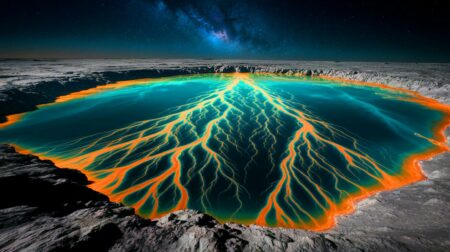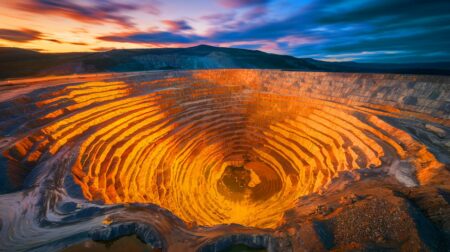The Amazon’s forests are among the last true refuges of biodiversity in the world, but they are being lost to deforestation and forest fires at an alarming pace. The planet’s largest tropical rainforest still covers some 6.9 million square kilometers, but the high rate of deforestation means that the Amazon is disappearing fast even as forest fragmentation is increasing.
Worse: climate change is taking its own toll on the Amazon’s forests, which could soon reach a point of no return. If that happens, what is still forest could turn into savannah-like grassland. Needless to say, that would be a severe blow to biodiversity with the permanent loss of numerous species of flora and fauna.
And that day could be sooner than we think, a team of scientists at the Stockholm Resilience Center has warned. Even relatively minor changes in precipitation could have dramatic consequences for the Amazon’s rainforests, which could thin out into a savanna-like state if rainfall drops below a certain threshold, they say, citing the results of their computer models.
Already the Amazon is receiving less rain than previously as a result of a changing climate. “In around 40 percent of the Amazon, the rainfall is now at a level where the forest could exist in either state — rainforest or savanna, according to our findings,” says Arie Staal, a former postdoctoral researcher at the Stockholm Resilience Centre and the Copernicus Institute of Utrecht University who was the lead author of a study.
Staal and his colleagues have simulated what the disappearance of tropical forests worldwide would mean in an extreme scenario meant to provide answers about the resilience and stability of forests in the tropics. The researchers ran several simulations based on different scenarios. In one no forests have been left in the tropics across Africa, the Americas, Asia and Australia.
“The dynamics of tropical forests is interesting,” Staal explains. “As forests grow and spread across a region this affects rainfall — forests create their own rain because leaves give off water vapour and this falls as rain further downwind. Rainfall means fewer fires leading to even more forests.”
The researchers have also found that as deforestation gathers pace along with climate change, more and more parts of the Amazon are expected to lose their natural resilience to a changing climate. They will become more likely to dry out and transition into a savanna-type ecosystem.
Nor will forests be able to bounce back and regrow any time soon in such a scenario. And even if they did, the species that have already gone extinct with the loss of those forests could never come back.
“We understand now that rainforests on all continents are very sensitive to global change and can rapidly lose their ability to adapt,” says Ingo Fetzer of the Stockholm Resilience Centre. “Once gone, their recovery will take many decades to return to their original state. And given that rainforests host the majority of all global species, all this will be forever lost.”
Did you like it? 4.5/5 (27)








